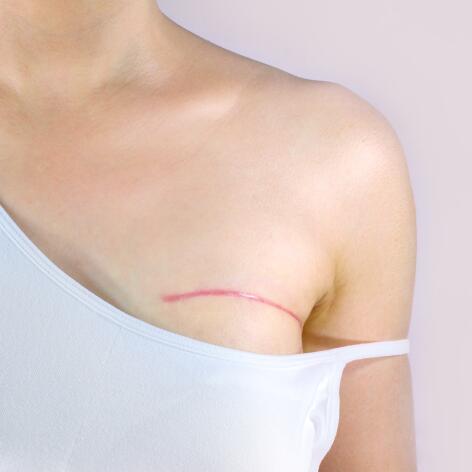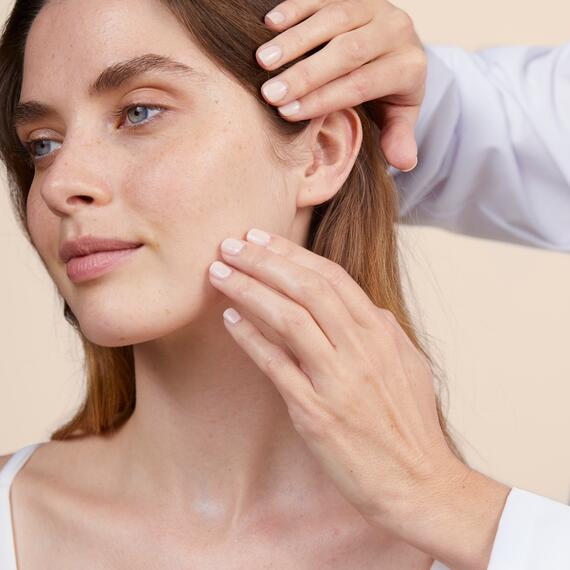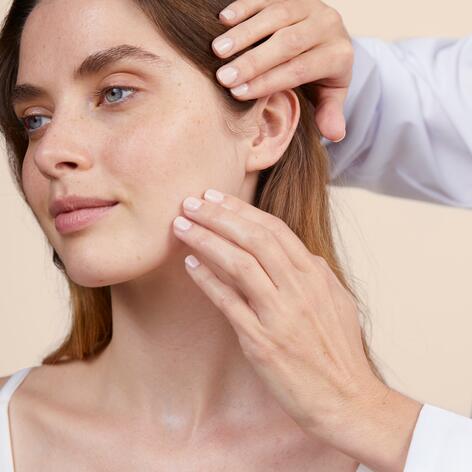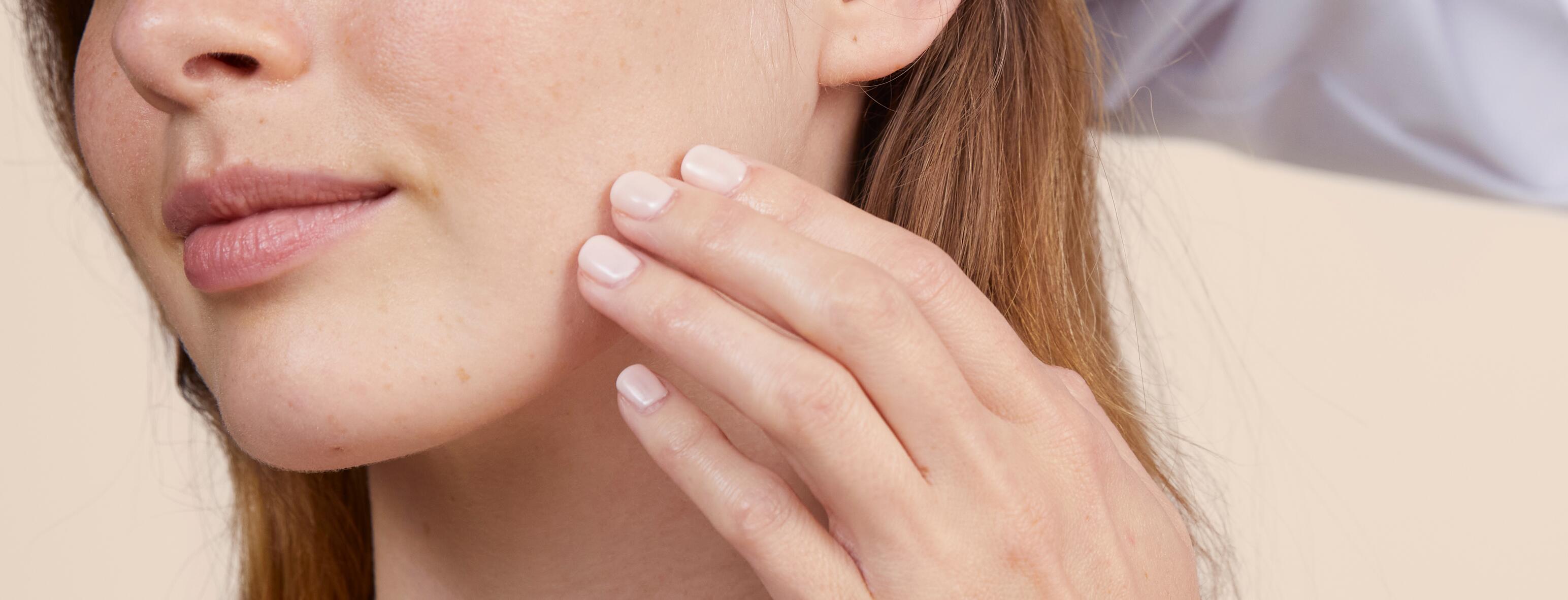Managing scars after cancer surgery
Surgery is one of the main treatment options for cancer. This is carried out by itself or in combination with other treatments and involves removing the tumour. After the operation, there are still marks and scars that you will have to accept, while waiting for their appearance to fade over time. From massage to make-up, here are a few ways to cope with them better.

Accepting the scar
After the operation, you may find it difficult to look at and accept the scar. Depending on its location, it can also be difficult to endure the scrutinising looks of others. As a symbol of your cancer journey, your scar can be painful. How do you take care of it?
Massage the scar
Caring for the scar involves massage: it will make it more supple and prevent it from sticking to the muscles and tissues. The earlier this is carried out, the better the results. However, there are some simple rules to follow.
For example, it is not advisable to massage the scar immediately after the operation. By manipulating the area around it, however, it can be mobilised indirectly, pending healing. How do you know if it's the right time? Stitches and scabs must have fallen off. In case of pain, apply cold.
The scar can then be massaged with gels or creams specially formulated to repair the skin.
To make sure you massage your scar at the right time, don't hesitate to ask your surgeon or general practitioner for advice. They may also prescribe sessions with a physiotherapist if this is too difficult or painful, both physically and emotionally.

After my mastectomy, it was impossible for me to touch my scar. I then asked for sessions with a physiotherapist. Then I did a post oncology treatment to make my skin and my scar even more supple in preparation for my future reconstruction.
Carole
Improve the appearance of scars
If your scar is in a visible area, you can also reduce its appearance by using medical make-up.
Hydrate
If you are having treatments in addition to your operation, you may have noticed that your skin is drier. Once your scar has matured sufficiently, remember to moisturise it as you moisturise the rest of your body. Start with a gentle cleanse with a replenishing cleansing oil or an ultra-rich dermatological bar; then moisturise with an emollient cream or balm.
Conceal
Choose a concealer according to the colour of your scar: green to reduce red tones, yellow for blue-purple, coral for brown marks. To even out the skin colour on your face and body, apply a compact foundation cream. Full coverage and deeply pigmented, water and sweat-resistant, with SPF 30, it is ideal for concealing marks on the body.
FRIENDLY (AND EXPERT) ADVICE
In addition to massage and moisturising, protecting the scar from the sun is very important.
For effective protection, apply a high protection sun cream (SPF 50+) that filters both UVA and UVB rays and is specially designed for sensitive skin. Sun sticks, which can easily be carried in a pocket or handbag, are particularly suitable for protecting scars. Remember to reapply frequently.
If it is large enough and hidden by clothing, you can also protect the scar with a bandage. A scar that is not sufficiently protected from the sun runs the risk of hyperpigmentation with the appearance of dark spots and lasting marks.
As for clothing, choose loose-fitting, lightweight clothing. Your skin will appreciate this even more if it has been made more sensitive by certain treatments.
Hydrotherapy treatment: its benefits on scars
Your body has probably changed, scarred, and it can be difficult to accept. In this case, don't hesitate to treat yourself to a gentle break: some spas offer post-cancer treatments that accelerate skin repair and soften your scars thanks to the combined action of water and thermal techniques.

Our solutions for scar management
Eau Thermale Avène skincare products designed to help you feel better about your skin
- Repairing Protective Cream
Cicalfate
Repairing Protective CreamSoothes - Repairs - Purifies1 opinions - Avène Thermal Spring Water Spray
Thermal Spring Water
Avène Thermal Spring Water SpraySoothes - Restores the skin barrier - Calms
NEWSLETTER
We’re always here for your skin!
All our tips for taking care of your skin day to day.

Which skin care routine should you adopt?
Identify what it really needs with the help of our experts and discover the most suitable skin care routine for you.


